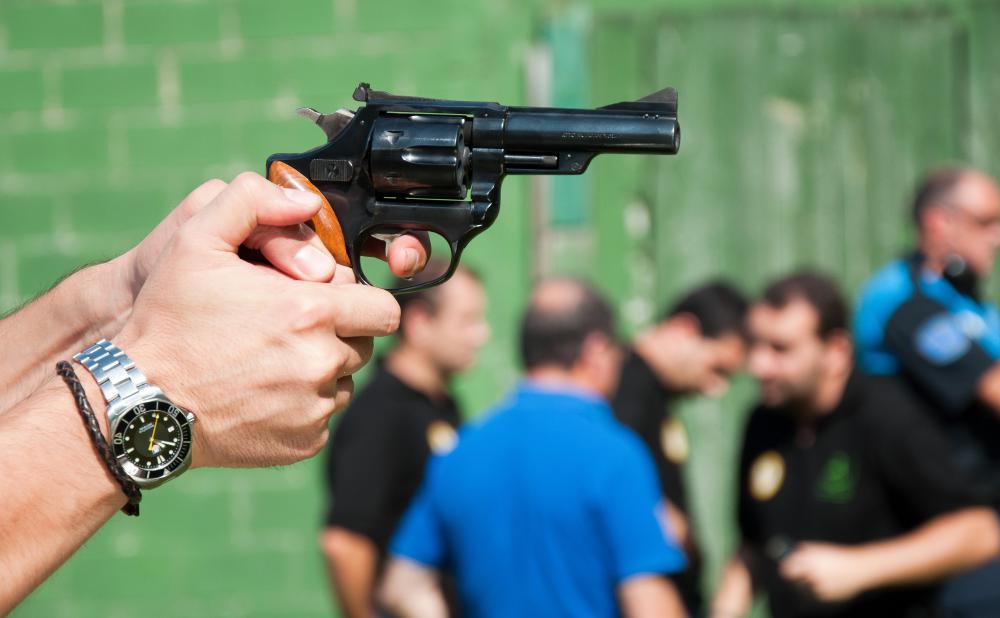At WiseGEEK, we're committed to delivering accurate, trustworthy information. Our expert-authored content is rigorously fact-checked and sourced from credible authorities. Discover how we uphold the highest standards in providing you with reliable knowledge.
What is a Proximate Cause?
A proximate cause is an action which sets off a chain of events which lead to an injury. The proximate cause may not occur at the immediate time of the injury, but it can be clearly linked with the injury and it is demonstrable that nothing intervened between the action and the injury to prevent the injury from occurring. When people are brought to court in suits which charge them with liability for an injury, proximate cause is one of the things which must be shown.
In order to be a proximate cause, an action must be clearly linked to an injury and the injury must have been foreseeable by nature of the action. For instance, hitting someone with a stone is a foreseen consequence of throwing a stone, which means that when someone throws a stone and it hits another person, the action of throwing the stone is considered a proximate cause of the injury. Likewise, if the stone ricocheted off a tree and hit a person, the person who threw it would also be liable.

It is possible for multiple people to engage in activities which could be considered proximate causes. If both of their actions would have led to the same consequence or it is not possible to determine which one committed the act which led to the injury, both parties will be liable. For instance, if two people throw cigarettes out of their cars and a forest fire starts, either action could have caused the same amount of damage and the fire cannot be traced to one person's actions, so both are liable in the eyes of the law.
The intent behind an action does not matter for the purpose of determining whether or not it was a proximate cause. For instance, if someone dies from a gunshot wound because someone else fired a gun, it doesn't matter if the gun was fired as a result of negligence, recklessness, or intent. In all three cases, the action, firing the gun, was a proximate cause of the death by gunshot wound. However, these crimes would be tried differently because one might be considered manslaughter while another is murder.
Sometimes the proximate cause may be nebulous, and a lawyer may exploit this to advantage. In these situations, lawyers hope that the ambiguity of a situation can be used to demonstrate that their clients should not be held liable for an injury.
AS FEATURED ON:
AS FEATURED ON:











Discuss this Article
Post your comments